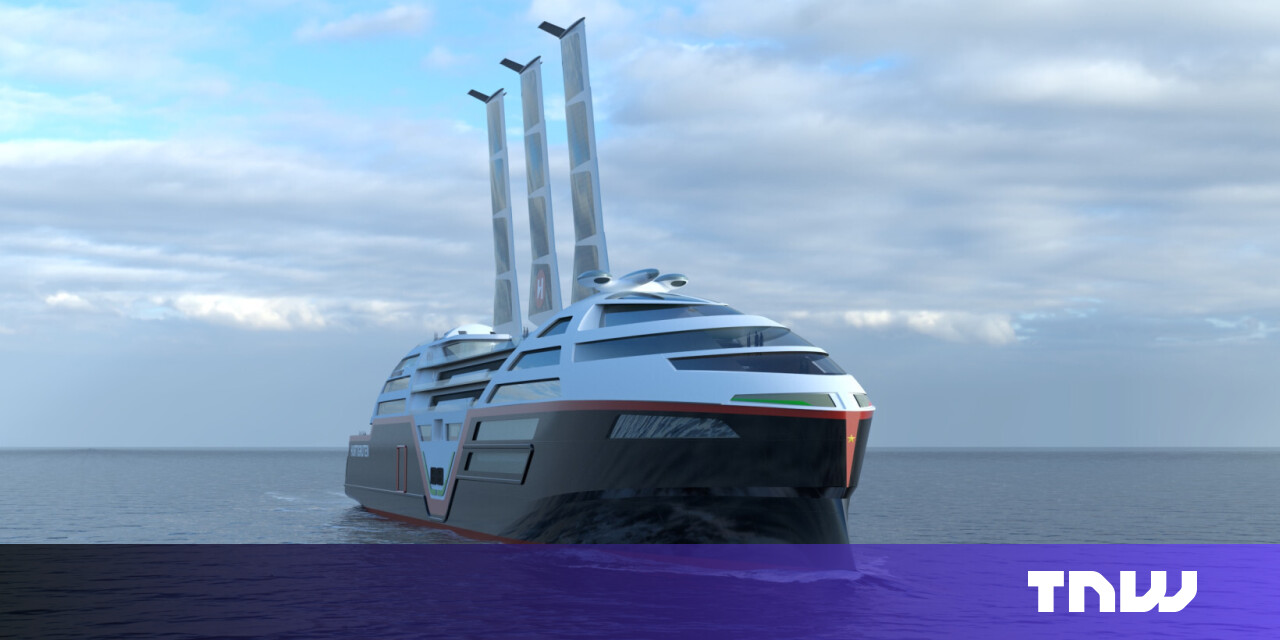
By travelling on modern day cruise ships, we inevitably leave our (carbon) footprint behind, in an ironic twist of fate destroying the very nature we have come so far to admire.
That could soon change, at least along the magnificent fjord landscape of Norway. Weeks before its 130th anniversary, cruise company Hurtigruten has revealed the concept design for its very first zero-emission ship.
Cruise ships are among the most polluting means of travel. They utilise enormous amounts of fuel, and generate a ridiculous amount of waste. Noise pollution from the engines disturbs marine life, harming the sensitive hearing of dolphins and killer whales, and destroying entire ecosystems.
Meanwhile, some economies rely on cruise ships and their passengers. Norway, as a whole, may not be entirely dependent on income from Hurtigruten. However, the communities along the route count on regular visits from the cruise ships for their livelihood.
Batteries supplemented by solar and wind
Enter Sea Zero, “the world’s most energy-efficient cruise ship,” according to Hurtigruten and its 12 maritime partners for the project. The ship will feature 60 watt batteries that will be charged with renewable energy (while Norway is a huge oil and gas exporter, 98% of domestic energy consumption comes from renewables) while in port.

This will be supplemented with wind and solar energy from retractable sails with solar panels, to charge the batteries while cruising. These will extend to a maximum height of 50 metres with 1500m² of photovoltaic panels and a wind surface of 750m².
Sea Zero will also feature what the company refers to as “other firsts,” including artificial intelligence manoeuvring, mimicking that of an aeroplane cockpit. Other novel additions include contra-rotating propellers, and multiple retractable thrusters.

In order to meet the 2030 launch target the company has set for itself, the 135-metre long streamlined design has to enter construction in 2027 at the latest. Current R&D is focused on battery production, propulsion technology, hull design, and sustainable building practices.
“Following a rigorous feasibility study, we have pinpointed the most promising technologies for our groundbreaking future cruise ships,” said Hedda Felin, CEO of Hurtigruten Norway. “We are committed to delivering a ship that surpasses all others in terms of energy efficiency and sustainability within just a few years.”
Hospitality makes up 50% of energy consumption
The 500 guests across the 270 cabins (served by a crew of 99) will be invited to reduce their own energy consumption through an interactive app. Hurtigruten says it will also be “crucial” to develop new technologies for currently energy-intensive onboard hotel services.
Currently, only 0.1% of the world’s ships use zero-emission technology. A large cruise ship can have the carbon footprint of 12,000 cars. And yet, according to figures from the Cruise Lines International Association (CLIA), the industry will see record highs in both passengers and revenue this year. Furthermore, by 2026, passenger numbers are set to grow to 12% above pre-COVID levels.
If there is to be anything left to admire as we cruise by (unless, of course, you are only in it for the aquatheaters, the on-deck cocktail bar, and the improv), we need more initiatives like Sea Zero, and fast. Although, of course, if Norway keeps up its oil and gas production, zero-emissions cruise ships may be a mere blip in the ocean.






